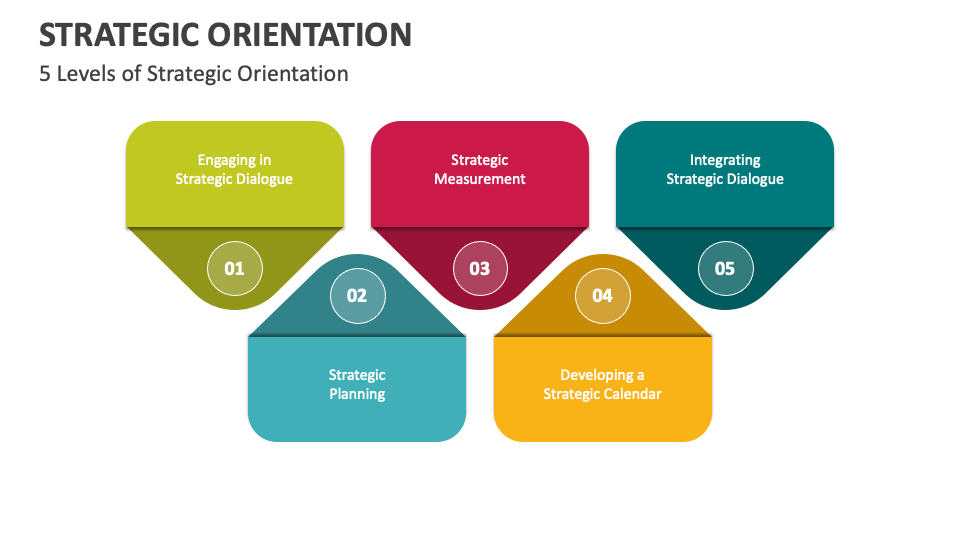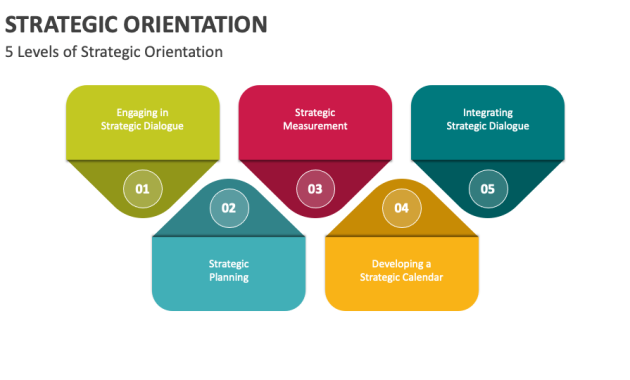Budgeting plays an essential role in financial planning, serving as a roadmap for individuals and organizations to manage their finances effectively. By creating a well-structured budget, businesses and individuals can allocate their resources efficiently, plan for the future, and ensure financial stability.
In essence, budgeting is the process of estimating income and expenses over a specific period, providing a clear picture of financial capabilities and constraints. Whether it’s for personal finance or corporate strategy, budgeting is a vital tool for achieving financial goals and making informed decisions.
Budgeting as a Financial Blueprint
At its core, a budget serves as a financial blueprint that outlines expected income, expenses, and savings. It allows businesses and individuals to project their financial position over a given period, whether it’s monthly, quarterly, or annually. By setting up a budget, one can map out the flow of money—understanding where it’s coming from and where it’s going. This level of planning provides a framework for controlling spending, maximizing savings, and ensuring that financial obligations are met.
For businesses, a budget helps in allocating resources across departments, projects, and operational needs. It assists management in identifying which areas require investment and which need cost-cutting measures. For individuals, budgeting helps in tracking everyday expenses, identifying savings opportunities, and avoiding unnecessary debt. Without a budget, it is easy to overspend or misallocate resources, which can lead to financial instability.
Enhancing Financial Discipline
One of the most significant roles of budgeting in financial planning is that it fosters financial discipline. By setting limits on spending and outlining clear financial goals, a budget encourages individuals and businesses to live within their means. It establishes financial boundaries that help prevent impulsive purchases, unplanned expenses, and overspending.
For instance, businesses often rely on budgets to control operating costs, ensuring that expenses do not exceed income. By regularly reviewing their budget, management can make adjustments in real-time, correcting any deviations that could harm profitability. On a personal level, individuals who maintain a budget are more likely to avoid lifestyle inflation—where increased earnings lead to higher expenses without meaningful improvements in quality of life. Budgeting instills a sense of responsibility and ensures that financial resources are managed prudently.
Facilitating Long-Term Financial Planning
Budgeting is a crucial element of long-term financial planning because it provides a foundation for setting financial goals. Whether an individual is saving for retirement or a company is planning for capital investments, a budget helps outline the steps necessary to achieve these goals. By breaking down long-term objectives into smaller, manageable financial targets, budgeting helps ensure that resources are available when needed.
For example, businesses often create capital expenditure budgets that outline planned investments in new equipment, technology, or infrastructure. By budgeting for these expenses, companies can allocate funds gradually, avoiding the need for sudden, large cash outlays. Similarly, individuals can use budgets to set aside money for long-term goals, such as buying a home, funding education, or building an emergency savings fund.
Additionally, budgeting allows for more accurate financial forecasting. Companies can project future cash flows based on their budget, helping them anticipate periods of surplus or deficit and adjust their strategies accordingly. Accurate forecasting aids in making strategic decisions, such as whether to take on new projects, expand operations, or delay expenditures.
Risk Management and Contingency Planning
Another critical role of budgeting in financial planning is its contribution to risk management and contingency planning. A well-prepared budget takes into account potential risks, such as unexpected expenses, economic downturns, or fluctuating revenue. By setting aside funds for emergencies or creating contingency plans within the budget, businesses and individuals can better withstand financial shocks.
For example, a business may allocate a portion of its budget as a contingency fund to cover unforeseen expenses, such as equipment breakdowns or unexpected market changes. In personal finance, creating an emergency fund as part of a household budget ensures that unexpected costs, like medical bills or car repairs, do not lead to financial hardship.
Budgeting for contingencies is a proactive way to manage financial risk, reducing the likelihood of debt accumulation or business disruption. Without a budget, individuals and businesses are more vulnerable to financial surprises, as they lack the foresight to prepare for them.
Improving Resource Allocation and Efficiency
One of the most important functions of budgeting is its role in improving resource allocation and operational efficiency. By clearly defining income and expenses, a budget allows businesses and individuals to prioritize spending on essential items while minimizing waste. In a business setting, budgets help management allocate resources to the most critical areas, such as production, marketing, or research and development.
For example, a company may use a budget to decide how much to spend on marketing campaigns, product development, or employee training. By having a detailed financial plan, companies can avoid overspending in one area at the expense of another. Similarly, individuals can use budgets to allocate resources toward essential expenses, such as housing, transportation, and groceries, while minimizing discretionary spending on non-essential items.
In conclusion, budgeting plays a pivotal role in financial planning by serving as a tool for managing resources, improving financial discipline, facilitating long-term planning, and mitigating risks. Whether for a business or an individual, creating and following a budget ensures that financial decisions are made with a clear understanding of income, expenses, and financial goals.
It is through budgeting that businesses and individuals can allocate resources efficiently, manage risks effectively, and ensure long-term financial success. By setting financial boundaries and planning for the future, budgeting becomes an indispensable element of sound financial management.













